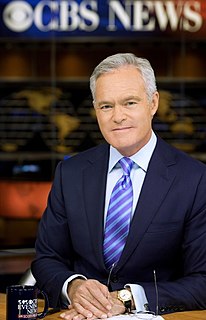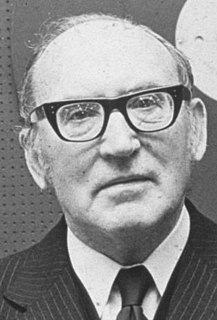A Quote by Sanjaya Baru
Public universities are the lifeblood of modern democracies.
Quote Topics
Related Quotes
There are many reasons that universities in East Asia have not reached the positions that they had hoped for. After all, we must remember that modern East Asia did not begin with Confucius. In fact the experience of modern education in East Asia is relatively short and granted that time scale, many universities are doing fine.
Many university presidents assume the language and behavior of CEOs and in doing so they are completely reneging on the public mission of the universities. The state is radically defunding public universities and university presidents, for the most part, rather than defending higher education as a public good, are trying to privatize their institutions in order to remove them from the political control of state governments. This is not a worthy or productive strategy.
Much of the early engineering development of digital computers was done in universities. A few years ago, the view was commonly expressed that universities had played their part in computer design, and that the matter could now safely be left to industry. [...] Apart from the obvious functions of keeping in the public domain material that might otherwise be hidden, universities can make a special contribution by reason of their freedom from commercial considerations, including freedom from the need to follow the fashion.



































